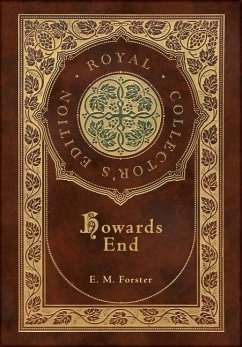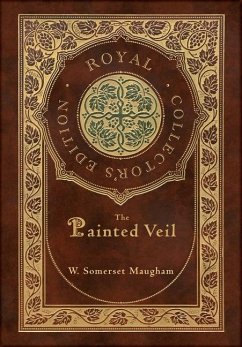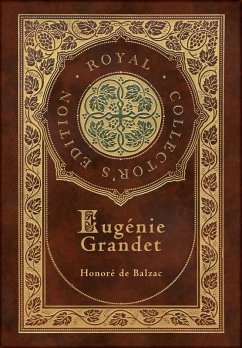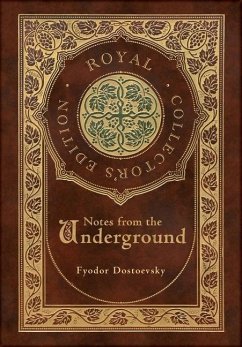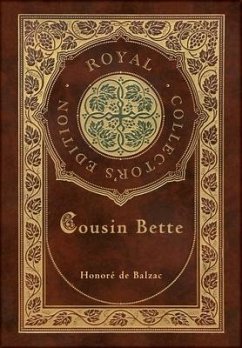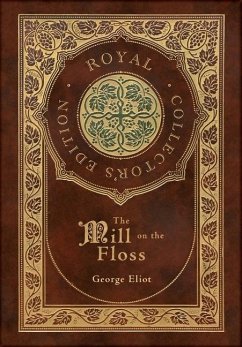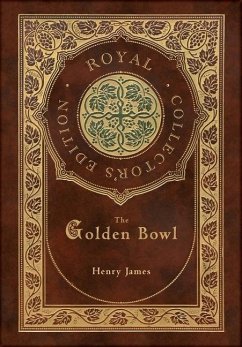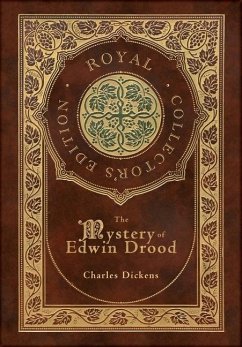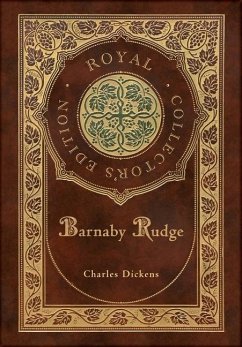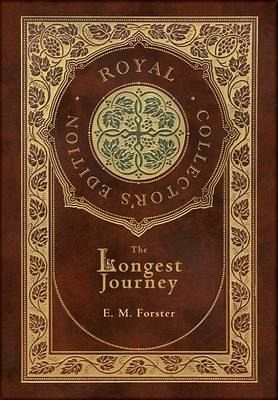
E M Forster
Gebundenes Buch
The Longest Journey (Royal Collector's Edition) (Case Laminate Hardcover with Jacket)
Versandkostenfrei!
Versandfertig in über 4 Wochen

PAYBACK Punkte
19 °P sammeln!




The story focuses on the protagonist Elliot's psychological growth from youth to adulthood as his relationship with his friends, Agnes Pembroke and her elder brother, Herbert, develops.
Edward Morgan Forster (1 January 1879 - 7 June 1970) was an English novelist, short story writer, essayist and librettist. Many of his novels examined class difference and hypocrisy, including A Room with a View (1908), Howards End (1910) and A Passage to India (1924). The last brought him his greatest success. He was nominated for the Nobel Prize in Literature in 16 different years. In the 1930s and 1940s Forster became a notable broadcaster on BBC Radio and a public figure associated with the Union of Ethical Societies. In addition to his broadcasting, he advocated individual liberty and penal reform and opposed censorship by writing articles, sitting on committees and signing letters. His weekly book review during the war was commissioned by George Orwell, who was the talks producer at the India Section of the BBC from 1941 to 1943. At 85 Forster went on a pilgrimage to the Wiltshire countryside that had inspired his favourite novel The Longest Journey, escorted by William Golding. In 1969 he was made a member of the Order of Merit. Forster died of a stroke on 7 June 1970 at the age of 91, at the Buckinghams' home in Coventry.
Produktdetails
- Verlag: Engage Books
- Seitenzahl: 228
- Erscheinungstermin: 28. November 2022
- Englisch
- Abmessung: 229mm x 152mm x 18mm
- Gewicht: 503g
- ISBN-13: 9781774769416
- ISBN-10: 1774769417
- Artikelnr.: 66761671
Herstellerkennzeichnung
Libri GmbH
Europaallee 1
36244 Bad Hersfeld
gpsr@libri.de
Für dieses Produkt wurde noch keine Bewertung abgegeben. Wir würden uns sehr freuen, wenn du die erste Bewertung schreibst!
Eine Bewertung schreiben
Eine Bewertung schreiben
Andere Kunden interessierten sich für


